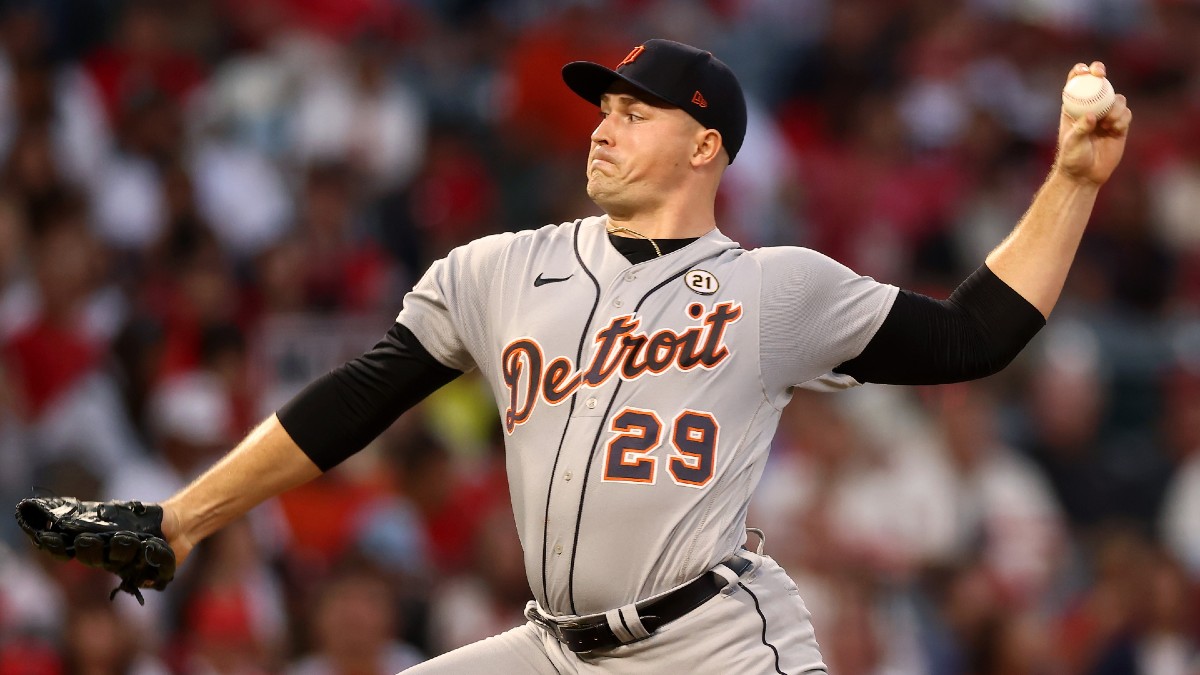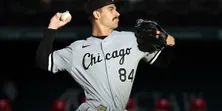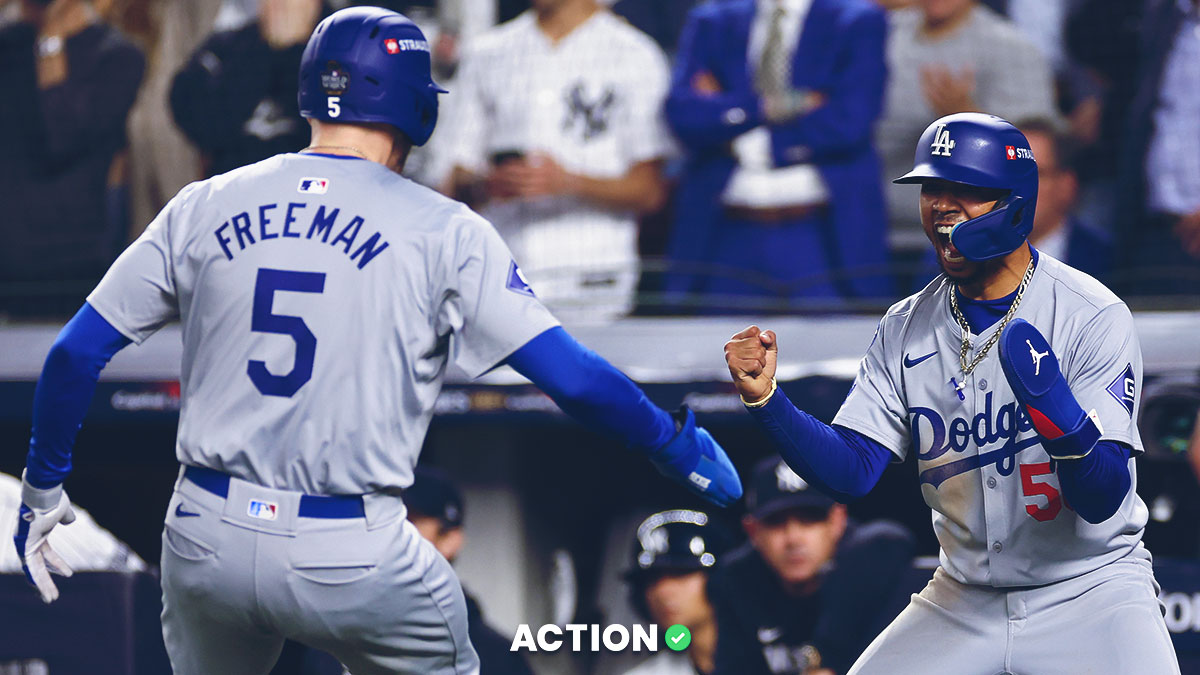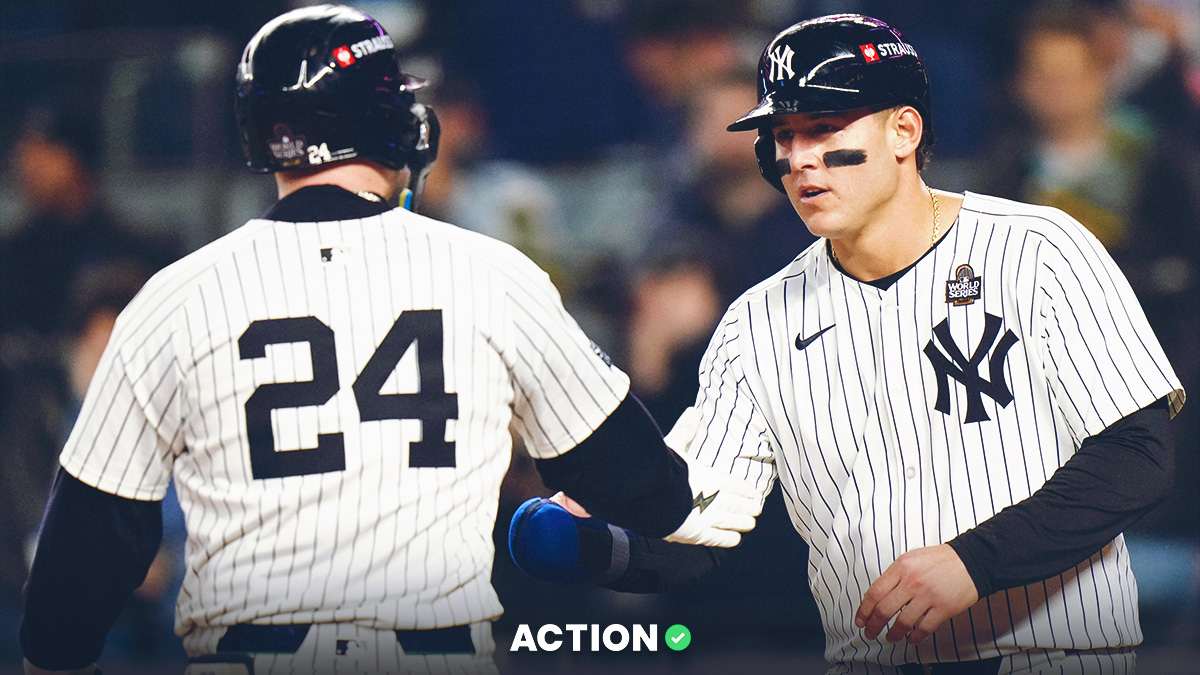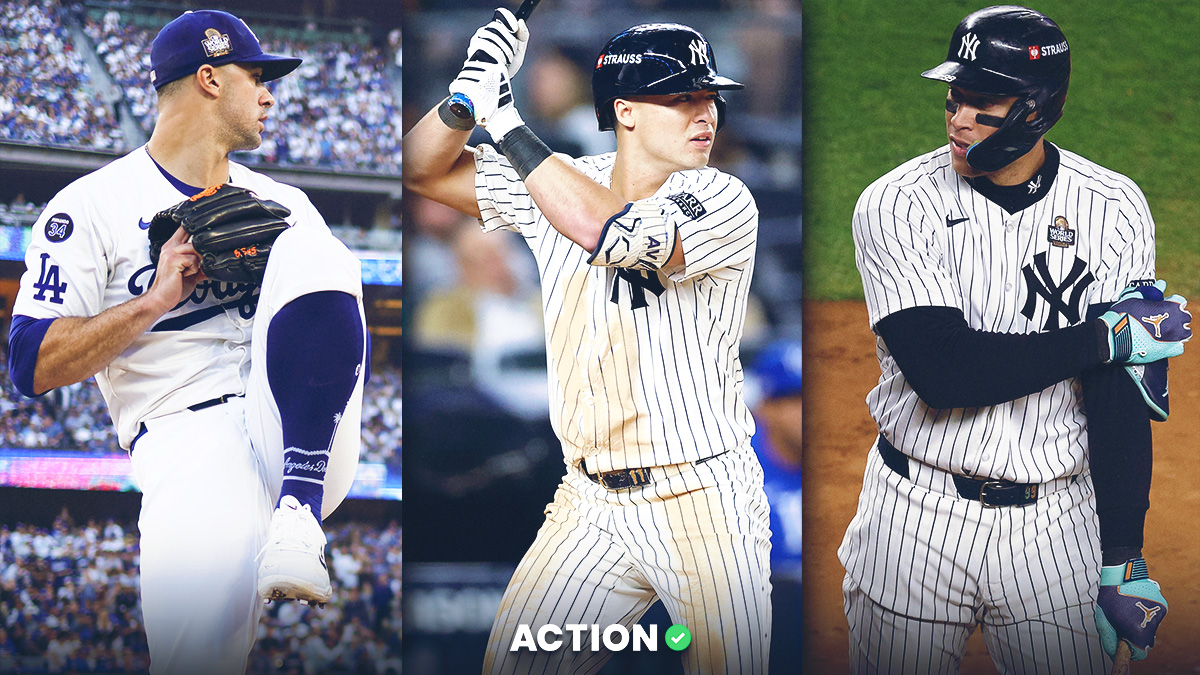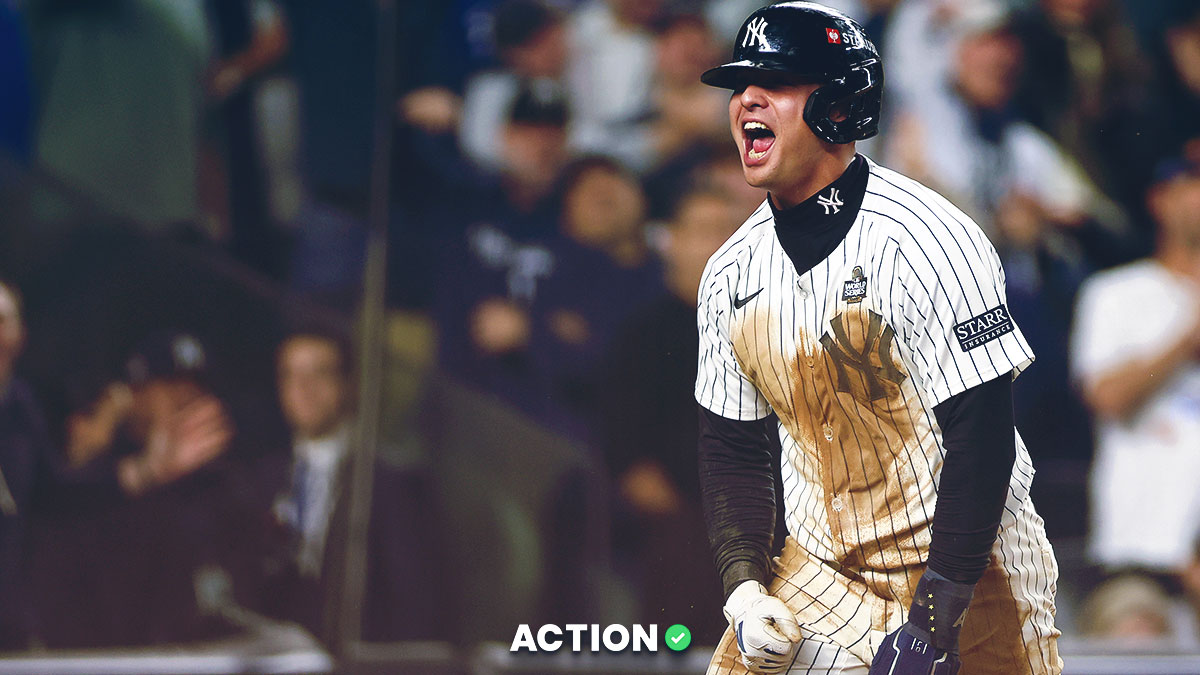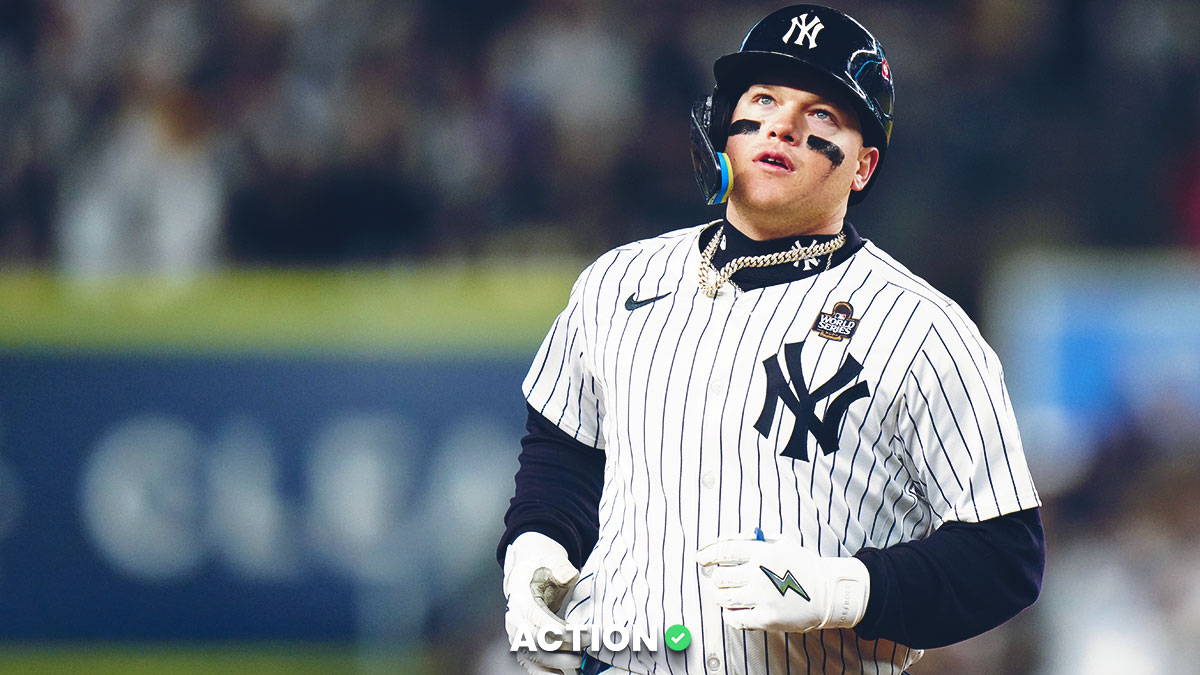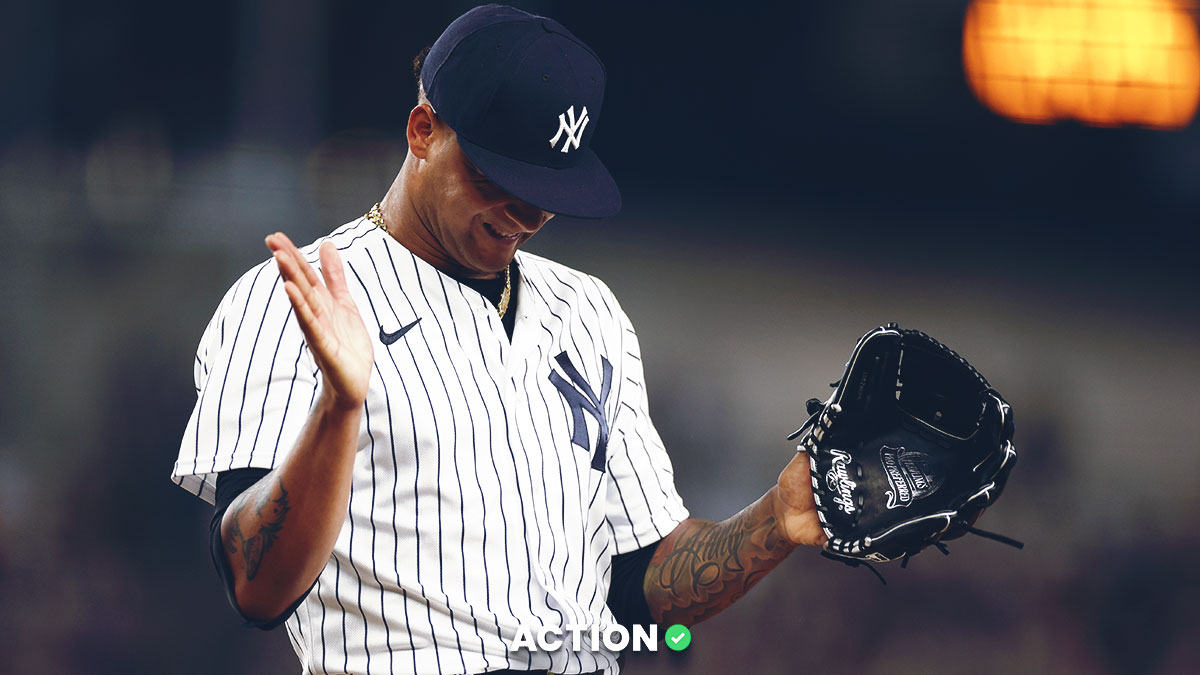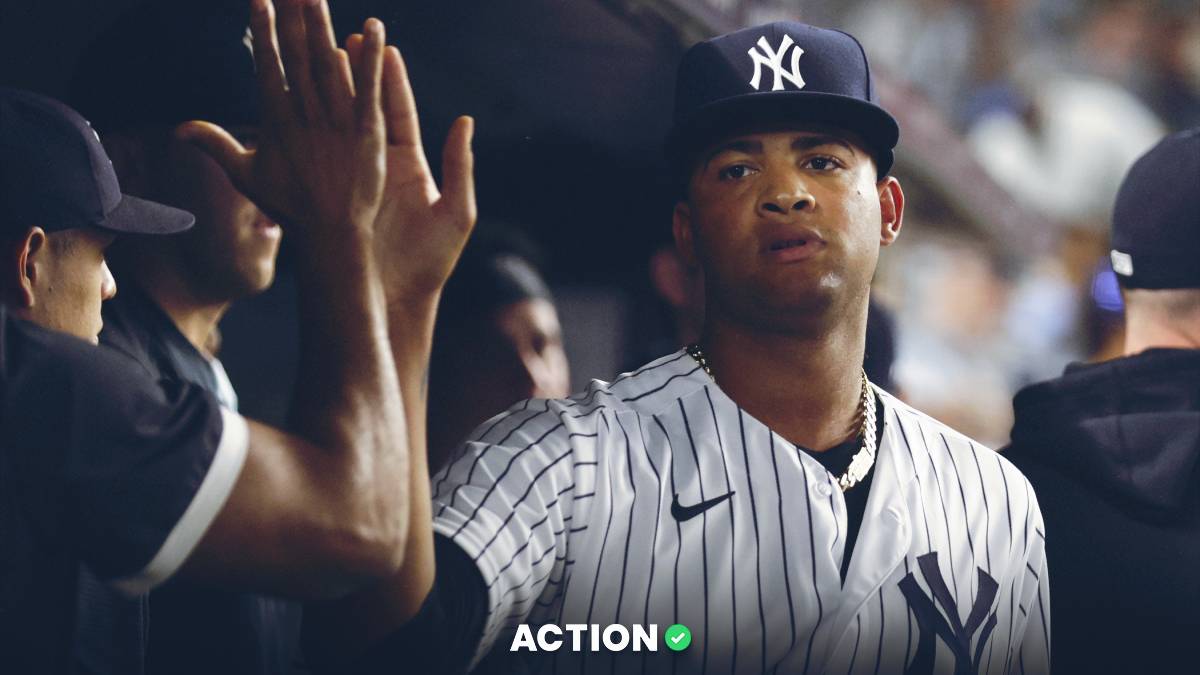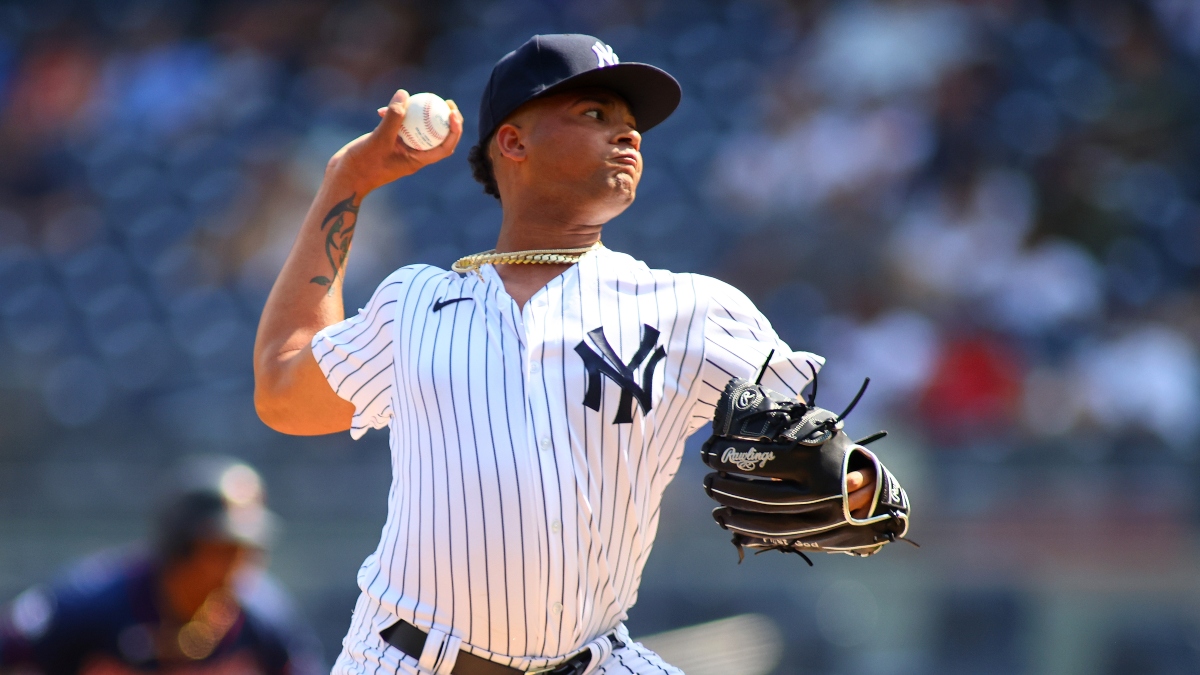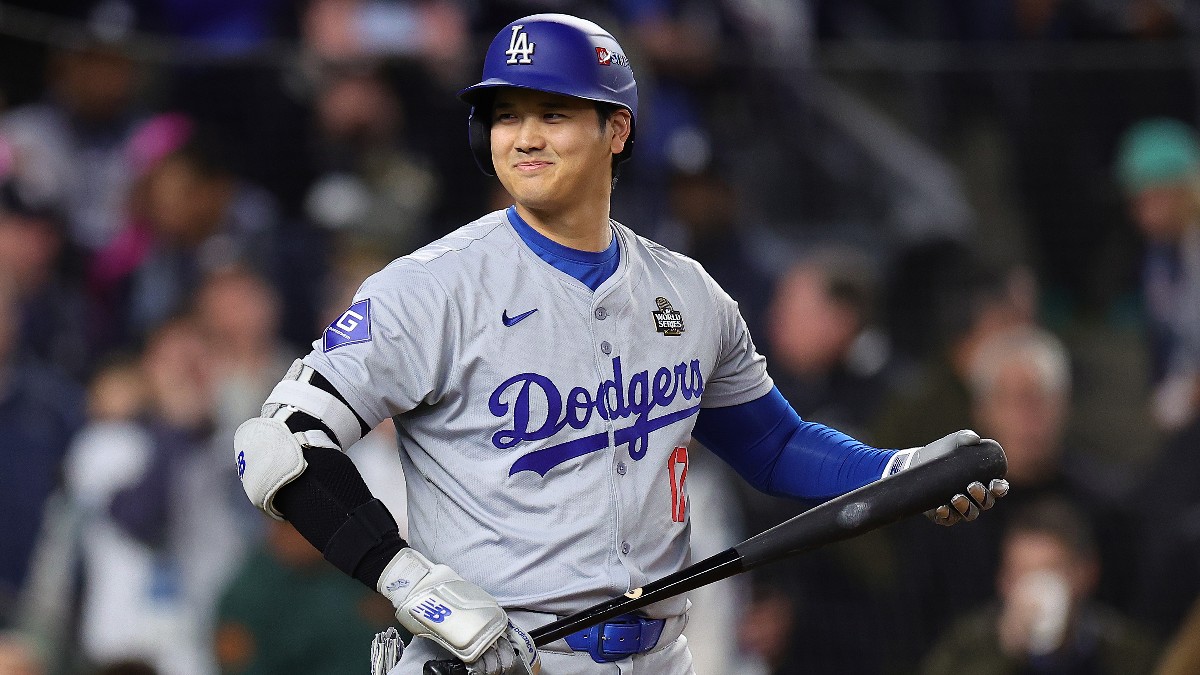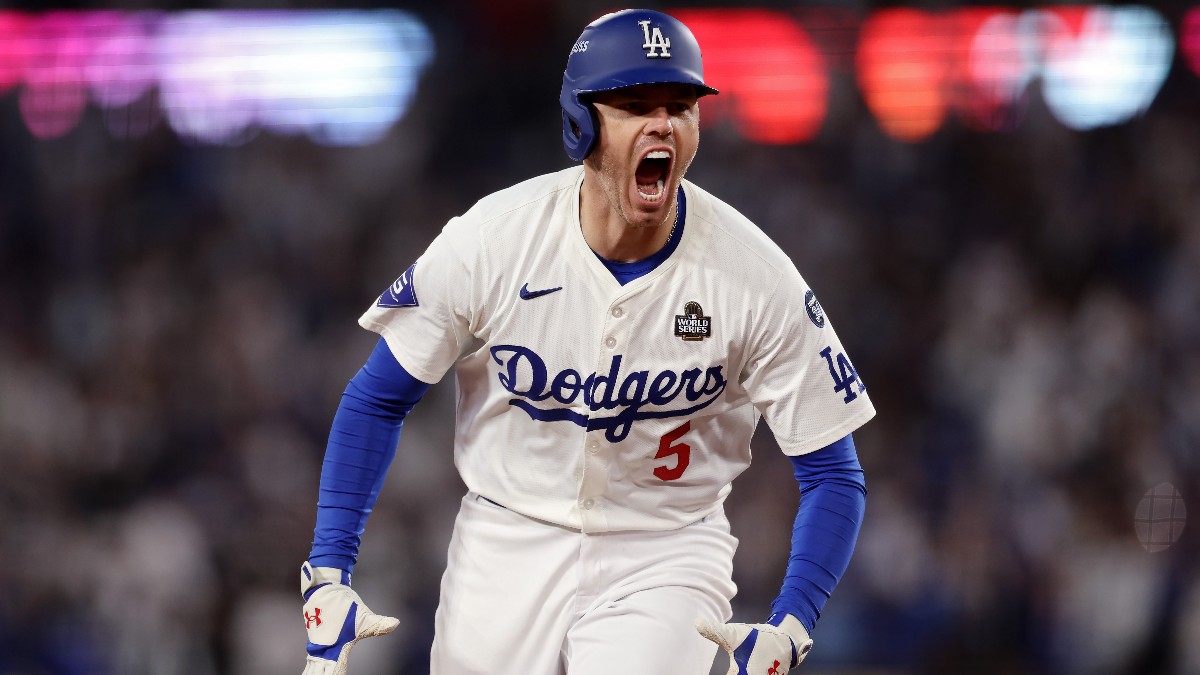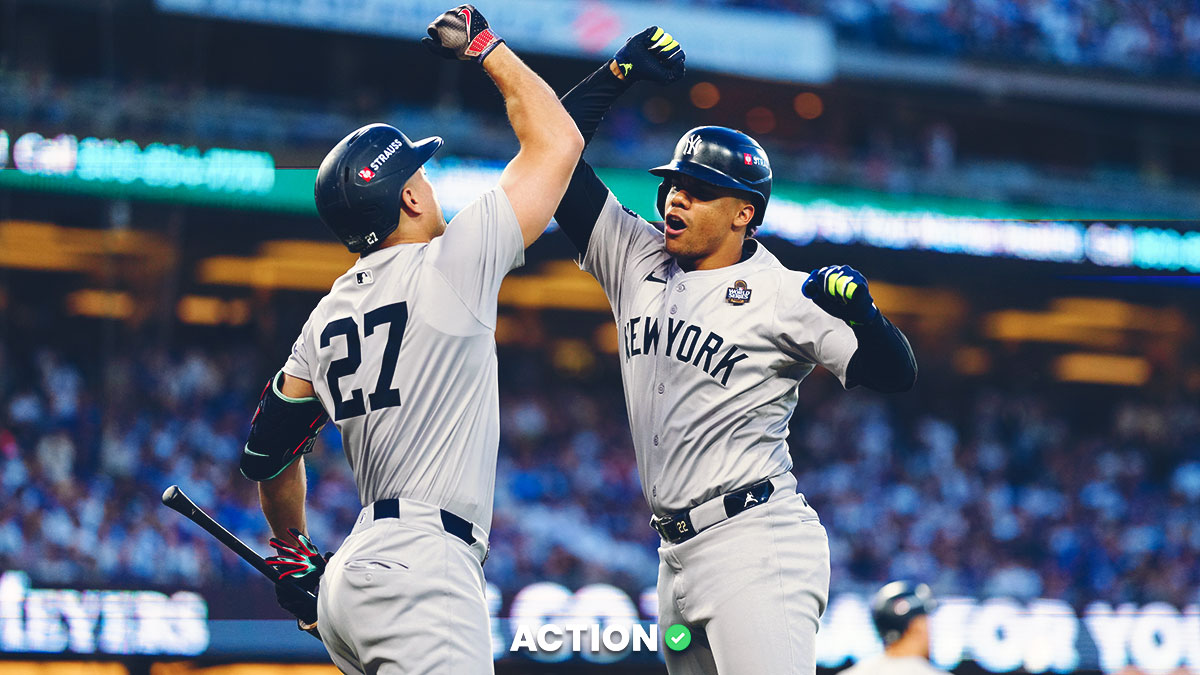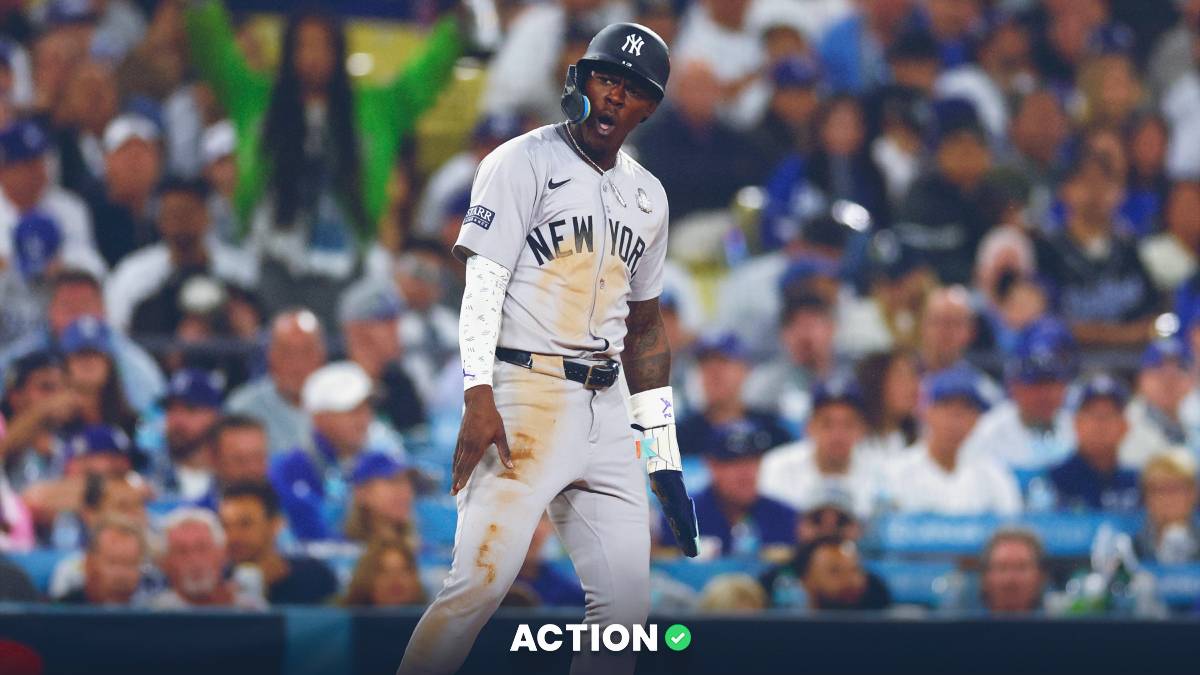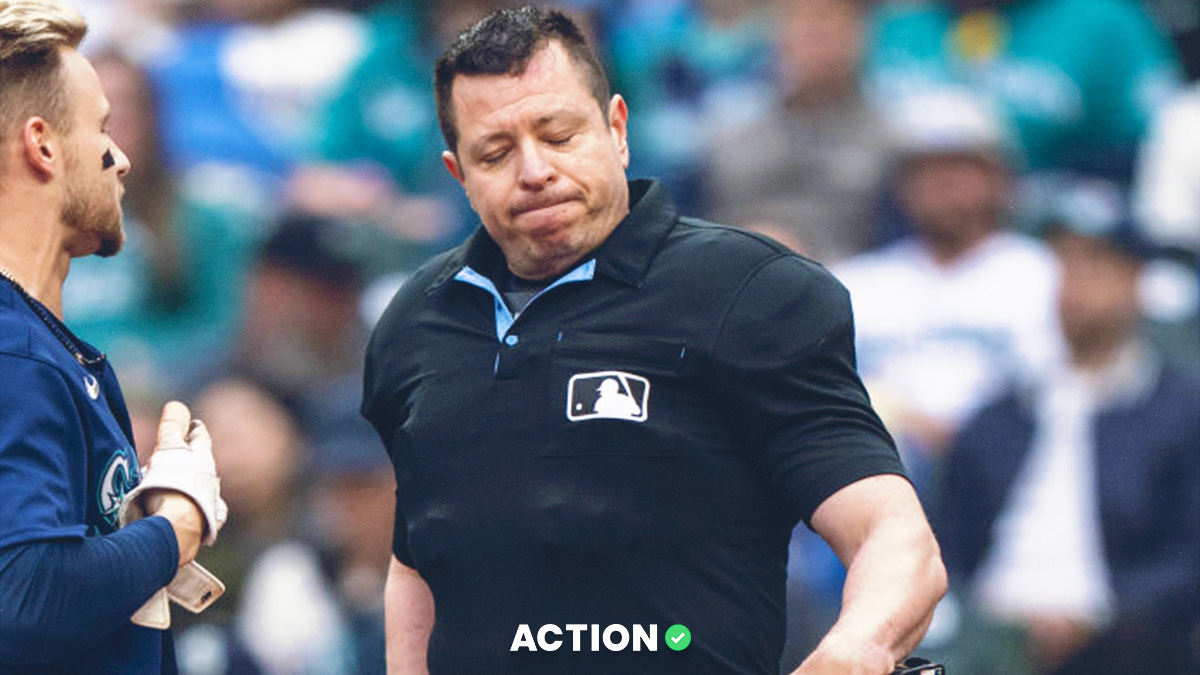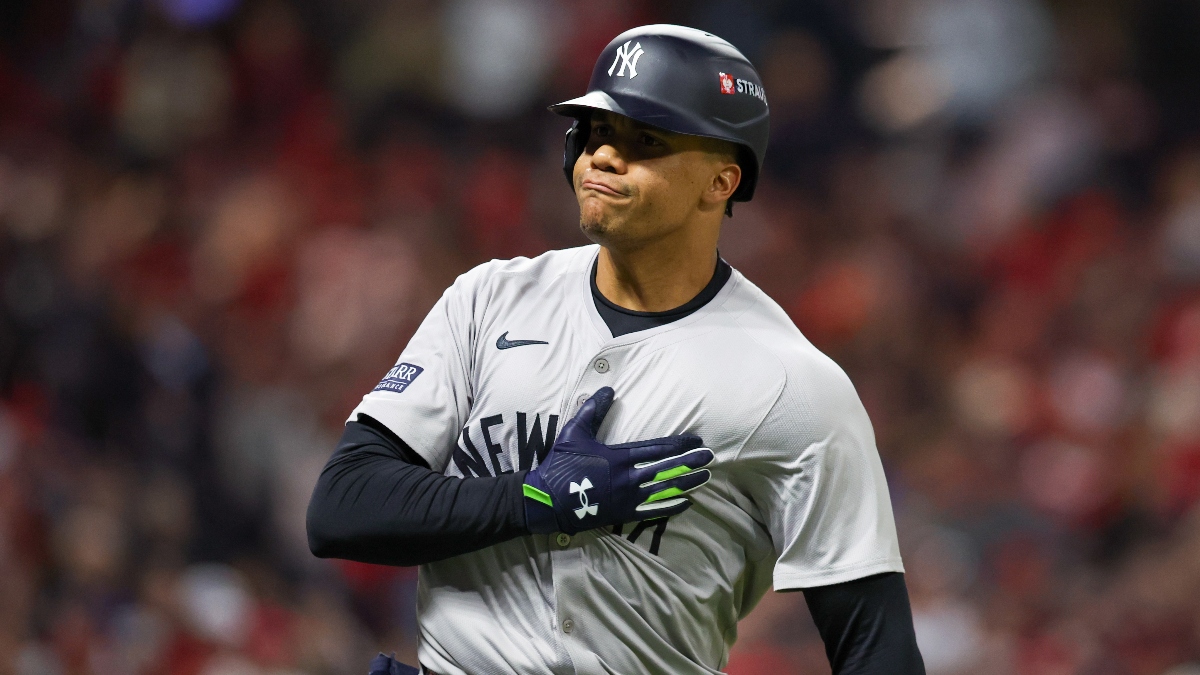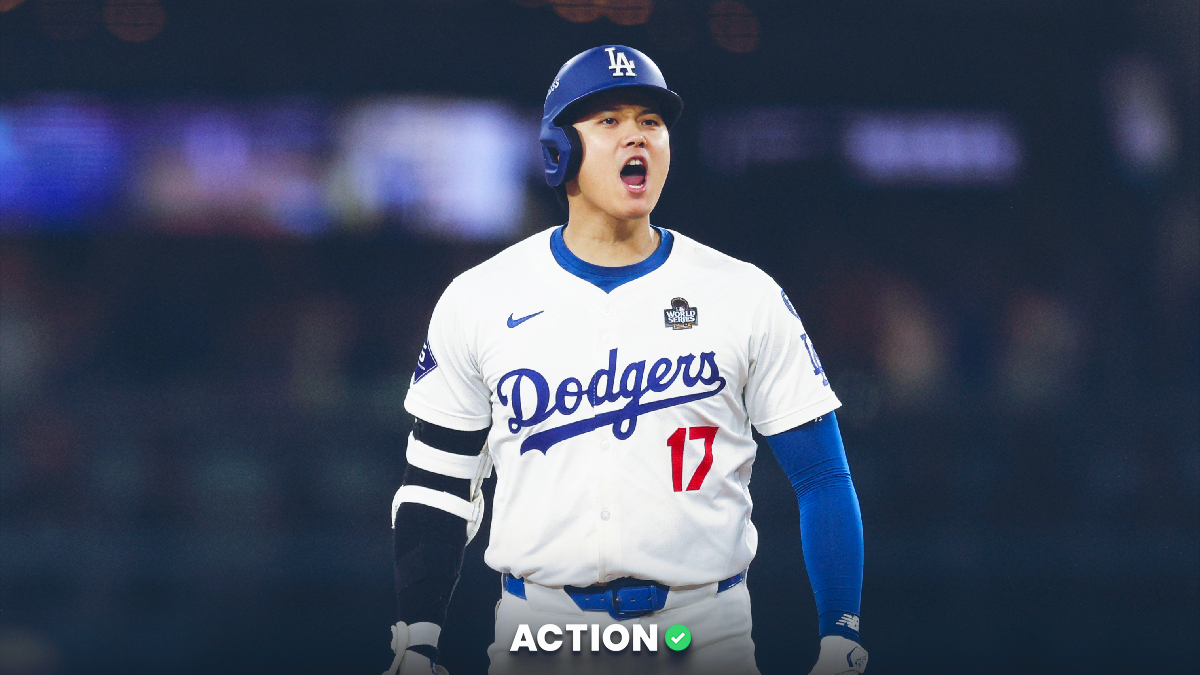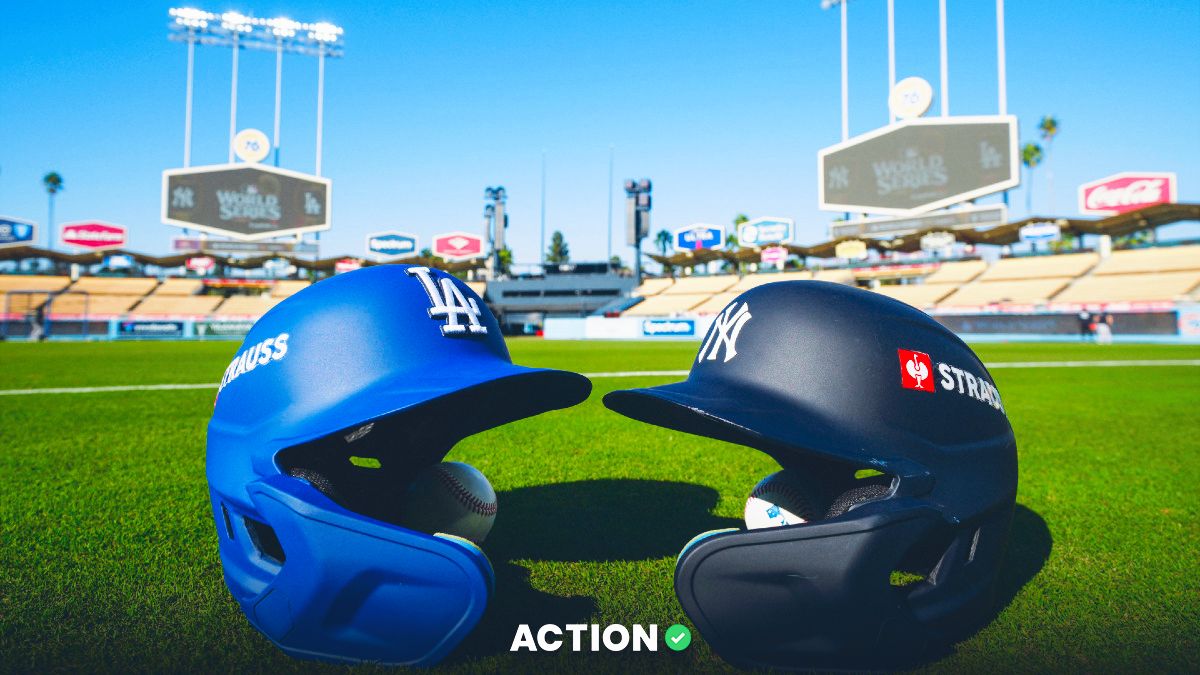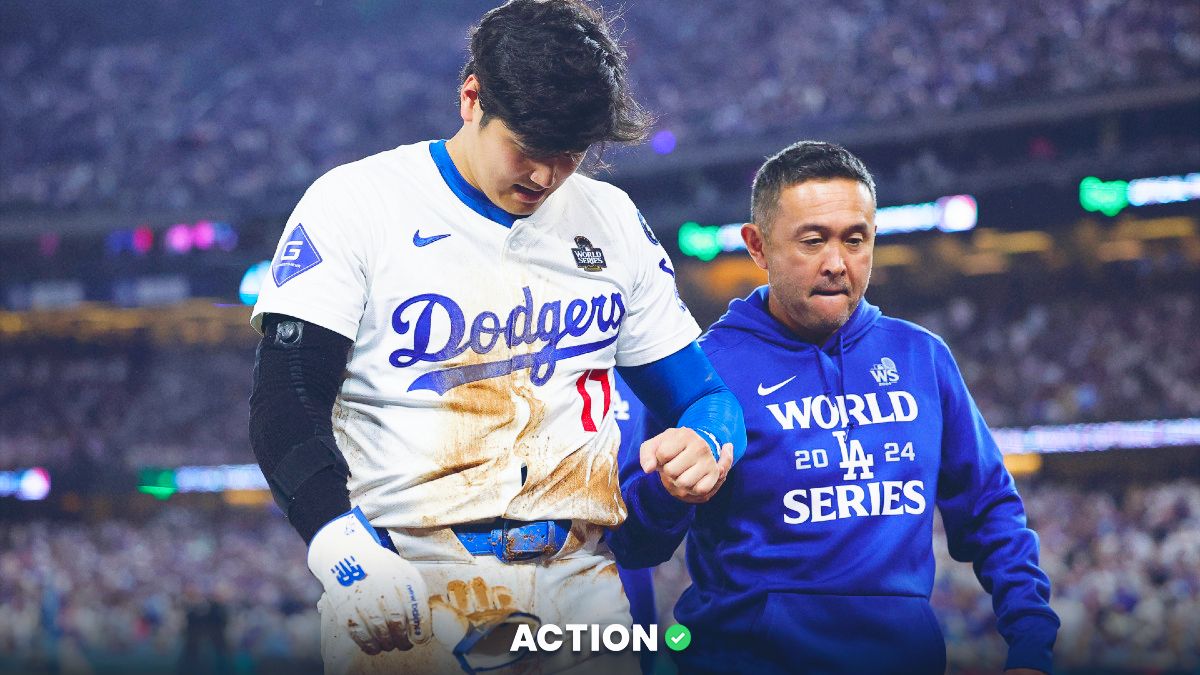It was another rough day on Wednesday as some plus-money swings failed to come through.
Let's hope variance swings back our way today with a few more picks on a small Thursday slate.
The Model
The process is relatively simple. First, I start by assuming that the full game (implied) run totals for either team are roughly efficient. As mentioned above, that tends to be the case more often than not. This saves me the trouble of trying to predict the total runs scored in the game — and allows me to focus strictly on the "when" rather than "how many."
Next, I built a database of pitchers performance the first time through the order, relative to their overall stats. Since the latter is presumably baked into the full game total, I wanted to figure out if those runs are more likely to come early or late. Most — but not all — MLB starters do somewhat better early in games, but with some variance in just how much. The model uses xFIP (expected Fielding Independent Pitching) as the ERA predictor of choice.
That's only half of the equation, though, with the offenses making up the other half. To do this, I looked at what percentage of a team's total runs is produced by the top three batters in the lineup. While a first inning run scored, by definition, needs at least four hitters to come to the plate, one of the first three has to actually score it. The metric of choice here is wRC+, based on the projected lineup for the day from each team.
This is a bit of a tradeoff, as lineups (and run totals) can shift throughout the day, especially if significant contributors miss time. However, in my experience the inefficiency of the morning lines more than makes up for the leakage in the model. With that said, exercise caution if, say, Mike Trout is listed as questionable for the nights game.
The Picks
With all of the picks below, I'll include the pick, the best line and the threshold I'd bet it to. These will go up in the morning, so if any major news breaks between publishing and when you read it, be sure to consider that.
Infrequently, rather than betting on the traditional YRFI/NRFI, the pick will be on one team or the other specifically to score a run, which as of this writing is only a betting option at DraftKings. Since the model handles each team individually, sometimes one team is projecting for a greater proportion of the "run equity" in the first inning than the betting lines are accounting for.
NRFI Odds, Picks for Thursday, September 21
Atlanta Braves vs. Washington Nationals (NRFI): It's always a bit scary taking NRFIs against Atlanta, but both starters involved in this one have been strong their first time through the order. Max Fried has an excellent 1.53 ERA, while Jake Irvin is a solid 3.38. Plus, there's always a chance we get a bit more value if the Braves give one of their top-of-the-order stars the day off.
New York Mets vs. Philadelphia Phillies (YRFI): The bulk of the equity is on the Phillies' side here, as they're implied for 4.7 runs overall, and have been far stronger at the top since Trea Turner's late-season resurgence. They're also on the strong side of their platoon splits against the lefty David Peterson, who has a 5.21 ERA his first time through the order.
Pittsburgh Pirates vs. Chicago Cubs (Cubs-only YRFI): Like the Phillies, the Cubs are taking on a pitcher who's worse the first time through the order. Johan Oviedo has a 4.13 ERA in those situations, with Chicago a slightly above-average offense against righties. Unlike the Phillies, the Cubs' opponent doesn't provide enough equity to take the full-game line.
Detroit Tigers vs. Oakland Athletics (NRFI): The Tigers' Tarik Skubal has been dominant early in games, with a 1.74 ERA his first time through the order. Given how bad the A's offense is, the risk here is fairly one-sided from an also-bad Tigers offense.


